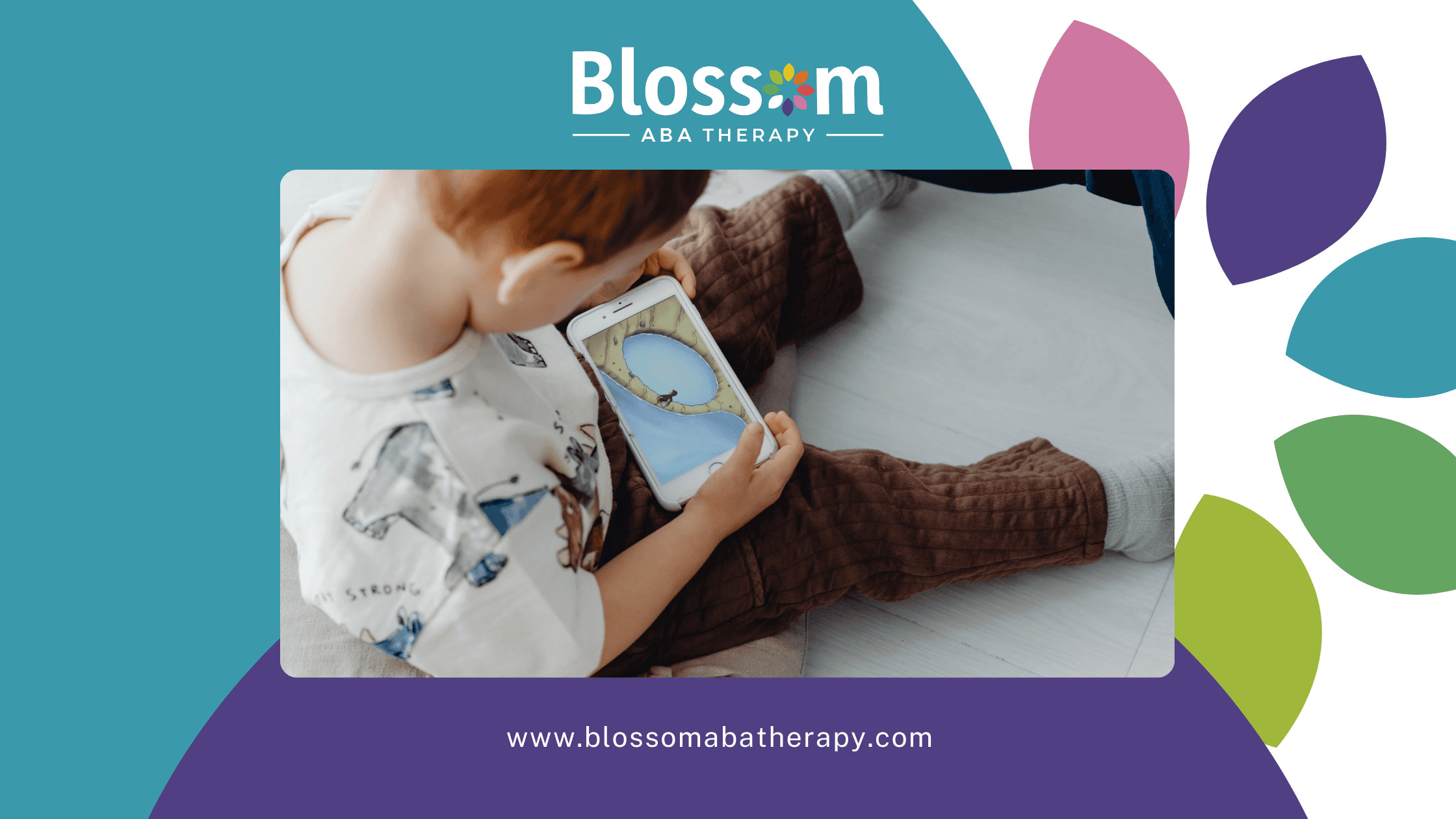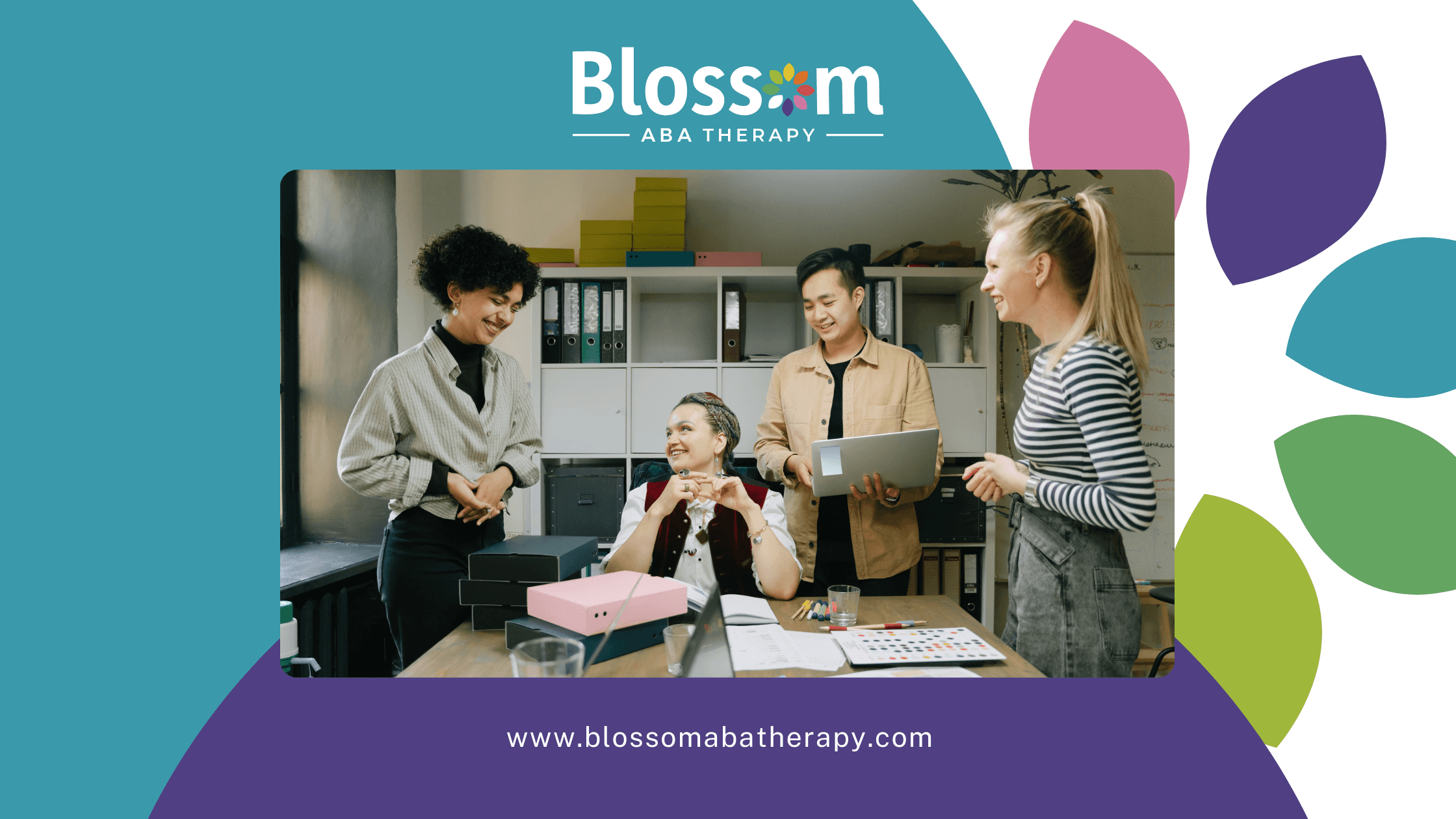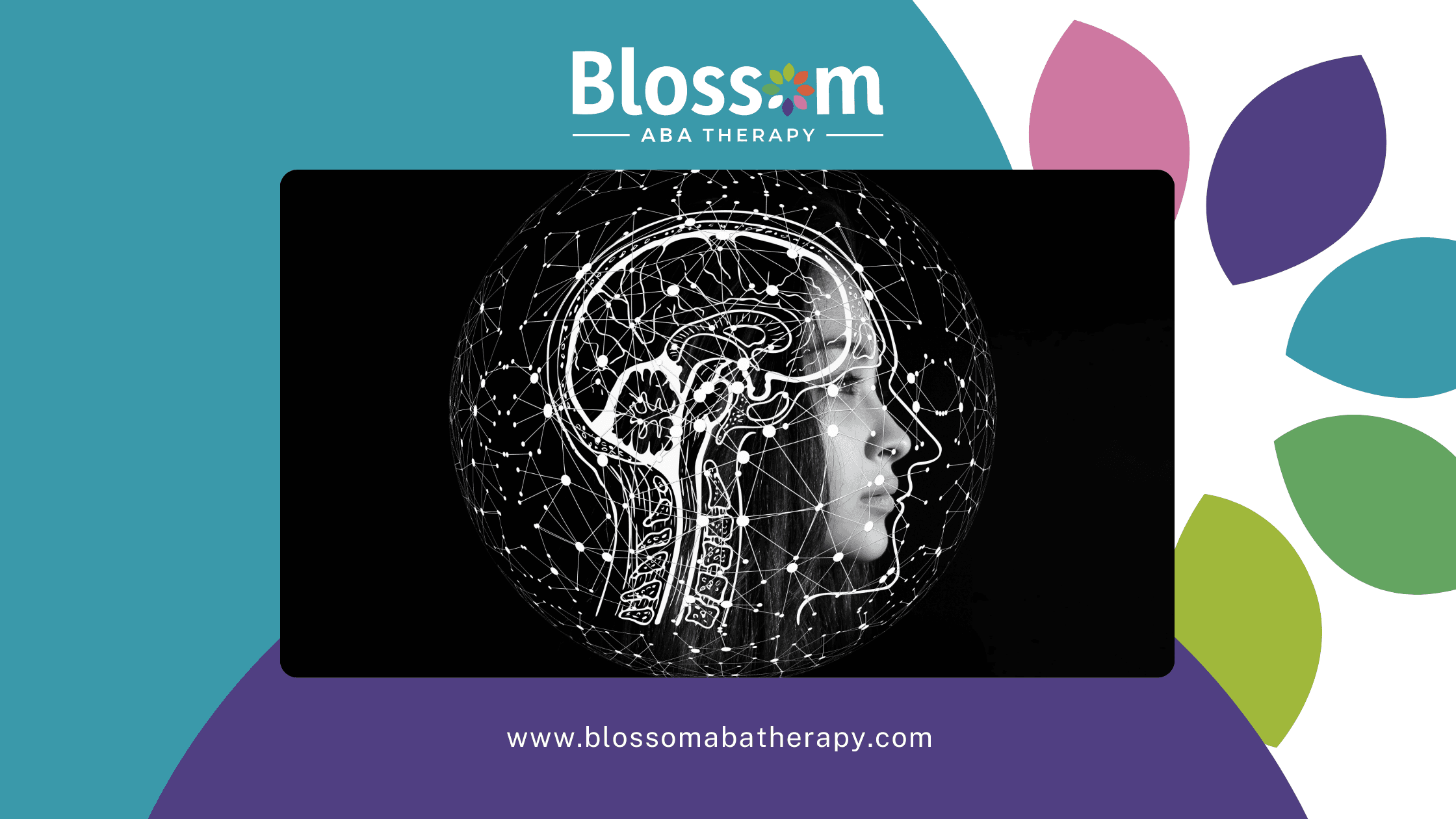Our New Clinic in Peachtree Corners is Now Open! Serving families in Norcross, Dunwoody, Sandy Springs, Duluth, Johns Creek, Alpharetta, Roswell, Suwanee, Brookhaven & nearby areas.

Helping Autistic Children Talk: Fresh Strategies for Real Progress
Jul 31, 2025

Helping Autistic Children Talk: Fresh Strategies for Real Progress
Jul 31, 2025

Helping Autistic Children Talk: Fresh Strategies for Real Progress
Jul 31, 2025

Helping Autistic Children Talk: Fresh Strategies for Real Progress
Jul 31, 2025
Wondering how to help your autistic child start talking? Discover practical strategies, expert insights, and everyday tools to support speech development.
Not all autistic children speak—but many can learn to communicate verbally with the right support. The key? Start early, be consistent, and celebrate every small win. Whether it’s a word, a sound, or even eye contact—it all counts.
Communication Comes in Many Forms
Before speech comes understanding. According to the CDC, around 25–30% of children with autism are minimally verbal—but that doesn’t mean they can’t communicate. Many begin with gestures, pictures, or devices before using words.
You don’t need fancy tools to encourage speech. Singing songs, labeling everyday objects, and waiting for your child to respond—even with a look—can build the foundation for talking. Dr. Temple Grandin, autism advocate, says, “Speech is not the only way to communicate, but encouraging it can open doors.”
Tools That Help
Visual aids, speech therapy, and interactive play are powerful tools. One fresh perspective? Follow your child’s interests. If they love cars, talk about cars. If they’re drawn to music, sing together. Motivation drives communication.
Blossom ABA offers in-home and center-based ABA therapy that supports communication and social development. We proudly serve families in Georgia, Tennessee, Virginia, and North Carolina—and we’re here to help your child find their voice.
Ready to support your child’s speech journey? Contact Blossom ABA today.
FAQs
What age do autistic kids start talking?
It varies widely—some speak early, others later, and some may use alternative communication methods.
Can nonverbal autistic children learn to talk?
Many can develop speech with early and personalized support, though some may always prefer other communication forms.
Is speech therapy better than ABA for talking?
Both can help—speech therapy targets language directly, while ABA reinforces communication through behavior and motivation.
Not all autistic children speak—but many can learn to communicate verbally with the right support. The key? Start early, be consistent, and celebrate every small win. Whether it’s a word, a sound, or even eye contact—it all counts.
Communication Comes in Many Forms
Before speech comes understanding. According to the CDC, around 25–30% of children with autism are minimally verbal—but that doesn’t mean they can’t communicate. Many begin with gestures, pictures, or devices before using words.
You don’t need fancy tools to encourage speech. Singing songs, labeling everyday objects, and waiting for your child to respond—even with a look—can build the foundation for talking. Dr. Temple Grandin, autism advocate, says, “Speech is not the only way to communicate, but encouraging it can open doors.”
Tools That Help
Visual aids, speech therapy, and interactive play are powerful tools. One fresh perspective? Follow your child’s interests. If they love cars, talk about cars. If they’re drawn to music, sing together. Motivation drives communication.
Blossom ABA offers in-home and center-based ABA therapy that supports communication and social development. We proudly serve families in Georgia, Tennessee, Virginia, and North Carolina—and we’re here to help your child find their voice.
Ready to support your child’s speech journey? Contact Blossom ABA today.
FAQs
What age do autistic kids start talking?
It varies widely—some speak early, others later, and some may use alternative communication methods.
Can nonverbal autistic children learn to talk?
Many can develop speech with early and personalized support, though some may always prefer other communication forms.
Is speech therapy better than ABA for talking?
Both can help—speech therapy targets language directly, while ABA reinforces communication through behavior and motivation.
Not all autistic children speak—but many can learn to communicate verbally with the right support. The key? Start early, be consistent, and celebrate every small win. Whether it’s a word, a sound, or even eye contact—it all counts.
Communication Comes in Many Forms
Before speech comes understanding. According to the CDC, around 25–30% of children with autism are minimally verbal—but that doesn’t mean they can’t communicate. Many begin with gestures, pictures, or devices before using words.
You don’t need fancy tools to encourage speech. Singing songs, labeling everyday objects, and waiting for your child to respond—even with a look—can build the foundation for talking. Dr. Temple Grandin, autism advocate, says, “Speech is not the only way to communicate, but encouraging it can open doors.”
Tools That Help
Visual aids, speech therapy, and interactive play are powerful tools. One fresh perspective? Follow your child’s interests. If they love cars, talk about cars. If they’re drawn to music, sing together. Motivation drives communication.
Blossom ABA offers in-home and center-based ABA therapy that supports communication and social development. We proudly serve families in Georgia, Tennessee, Virginia, and North Carolina—and we’re here to help your child find their voice.
Ready to support your child’s speech journey? Contact Blossom ABA today.
FAQs
What age do autistic kids start talking?
It varies widely—some speak early, others later, and some may use alternative communication methods.
Can nonverbal autistic children learn to talk?
Many can develop speech with early and personalized support, though some may always prefer other communication forms.
Is speech therapy better than ABA for talking?
Both can help—speech therapy targets language directly, while ABA reinforces communication through behavior and motivation.
Not all autistic children speak—but many can learn to communicate verbally with the right support. The key? Start early, be consistent, and celebrate every small win. Whether it’s a word, a sound, or even eye contact—it all counts.
Communication Comes in Many Forms
Before speech comes understanding. According to the CDC, around 25–30% of children with autism are minimally verbal—but that doesn’t mean they can’t communicate. Many begin with gestures, pictures, or devices before using words.
You don’t need fancy tools to encourage speech. Singing songs, labeling everyday objects, and waiting for your child to respond—even with a look—can build the foundation for talking. Dr. Temple Grandin, autism advocate, says, “Speech is not the only way to communicate, but encouraging it can open doors.”
Tools That Help
Visual aids, speech therapy, and interactive play are powerful tools. One fresh perspective? Follow your child’s interests. If they love cars, talk about cars. If they’re drawn to music, sing together. Motivation drives communication.
Blossom ABA offers in-home and center-based ABA therapy that supports communication and social development. We proudly serve families in Georgia, Tennessee, Virginia, and North Carolina—and we’re here to help your child find their voice.
Ready to support your child’s speech journey? Contact Blossom ABA today.
FAQs
What age do autistic kids start talking?
It varies widely—some speak early, others later, and some may use alternative communication methods.
Can nonverbal autistic children learn to talk?
Many can develop speech with early and personalized support, though some may always prefer other communication forms.
Is speech therapy better than ABA for talking?
Both can help—speech therapy targets language directly, while ABA reinforces communication through behavior and motivation.
How to Help Autistic Kids Talk | Blossom ABA Therapy
How to Help Autistic Kids Talk | Blossom ABA Therapy


Seeking Support?
We're Here to Help!
Our dedicated professionals specialize in ABA therapy to foster your child's growth and happiness. We're here to provide the personalized care and attention your child deserves. Reach out to learn how we can support your family's journey.
Connect With Our ABA Experts Today.
News & Blogs
News & Blogs
Latest News & Blogs
Latest News & Blogs
Latest News & Blogs
Latest News & Blogs

ARE YOU PASSIONATE ABOUT HELPING CHILDREN
ARE YOU PASSIONATE ABOUT HELPING CHILDREN
Join Our Team
Join Our Team
Join Our Team
Join Our Team
Blossom Therapy constantly seeks qualified BCBAs and RBTs to fill full and part-time positions.
Blossom Therapy constantly seeks qualified BCBAs and RBTs to fill full and part-time positions.
Blossom Therapy constantly seeks qualified BCBAs and RBTs to fill full and part-time positions.
Blossom Therapy constantly seeks qualified BCBAs and RBTs to fill full and part-time positions.






